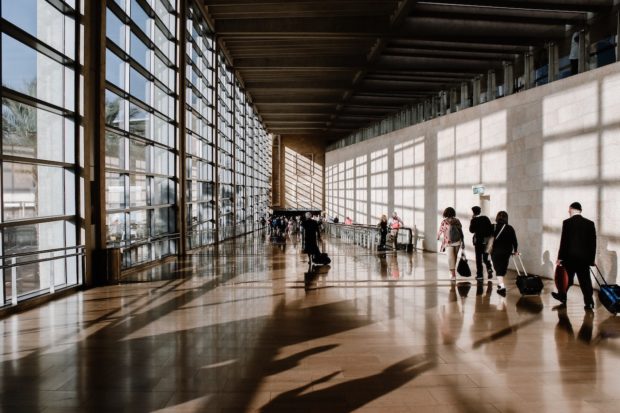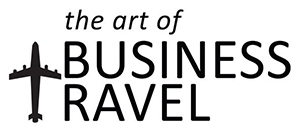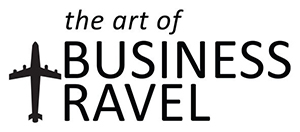
Traveller satisfaction and wellbeing is the second most important travel program priority after duty of care, according to a recent BCD Travel survey of 118 travel buyers worldwide.
The study found that 92% of survey respondents listed the topic as extremely or very important. However, despite this emphasis, only 62% of the travel buyers surveyed said their companies provide traveller wellbeing support and only 14% said their companies plan to increase the budget for traveller wellbeing in 2022.
BCD previously also conducted a wellbeing survey of 875 business travellers in February. The surveys reveal similarities and differences in buyer and traveller sentiment. The research found that awareness of wellbeing measures to support business travellers varies – while 62% of travel buyers are aware of offerings within their company, among travellers this figure is lower (51%). Both travel buyers and travellers ranked convenient hotel location (73% and 58% respectively), direct flights (71% and 70%) and business class for long-haul flights (57% and 54%) among the top five policy options to improve traveller wellbeing.
Travel buyers also rated freedom to decide to travel or not (55%) and a simple trip approval process (55%) as important policy options that contribute to traveller wellbeing. Neither made the top five among business travellers, who instead were more appreciative of airplane seat selection (59%) and fast-track security programs (58%).
While 43% of buyers offer sustainable travel choices for a better traveller experience, only 20% of surveyed travellers feel this contributes to their wellbeing.
Wellbeing support showed the largest discrepancy between buyer and traveller sentiment. While travel buyers rated mental support measures (training in stress management, mental health counselling, and mental health support) as the most important, business travellers instead care more about physical wellbeing measures (restaurant recommendations, nutrition, sleep and recovery advice, and gym membership when travelling).
In terms of work-life balance support, travel buyers placed more value on the ability to work from home before or after a trip (64%) than did travellers (48%), though this option was highly ranked by both audiences along with allowing work from any location and bleisure. Furthermore, travellers are more interested in extra time off to compensate for business travel out of working hours (53% vs 20% for travel buyers), allowing a partner to accompany them (50% vs 19% for travel buyers) and time off after long trips (48% vs 7%).
“This survey reveals a significant gap between wellbeing supply and demand, as well as differing views on which measures most support traveller wellbeing,” says Mike Janssen, Global Chief Operating Officer and Chief Commercial Officer for BCD Travel. “Travel buyers should align their policies to what their travellers value and need. At the same time, they may also need to put more time and effort in clearly communicating the benefits of mental support, which is currently valued less than physical support.”
For more Wellness coverage click here
STAY IN THE KNOW BY FOLLOWING US ON FACEBOOK, INSTAGRAM, & LINKEDIN





